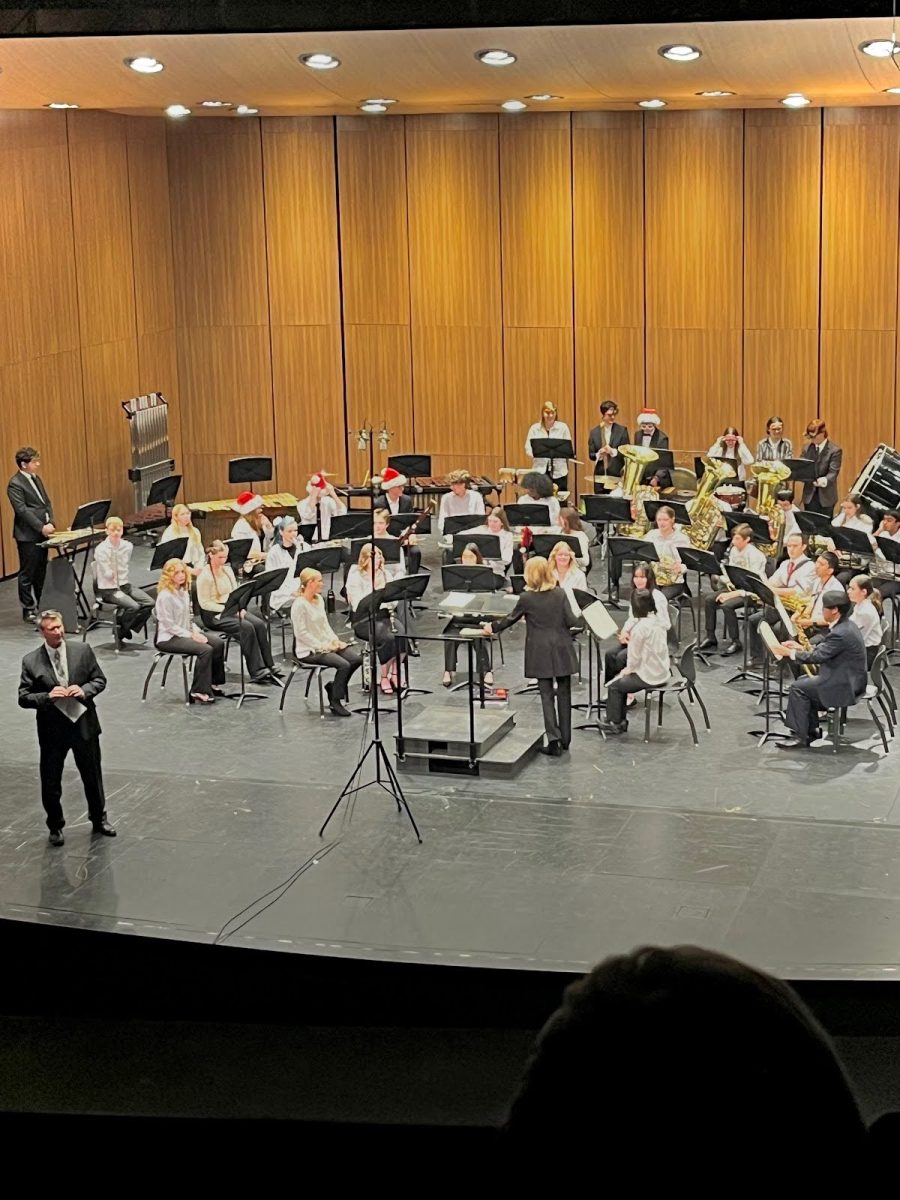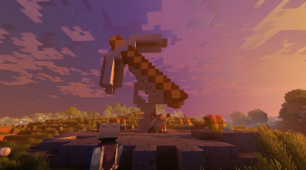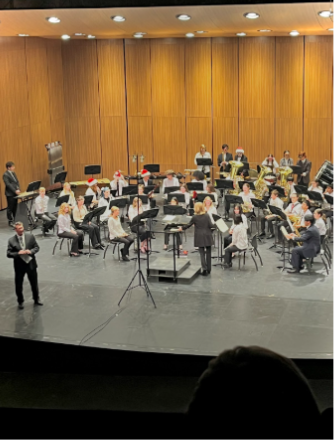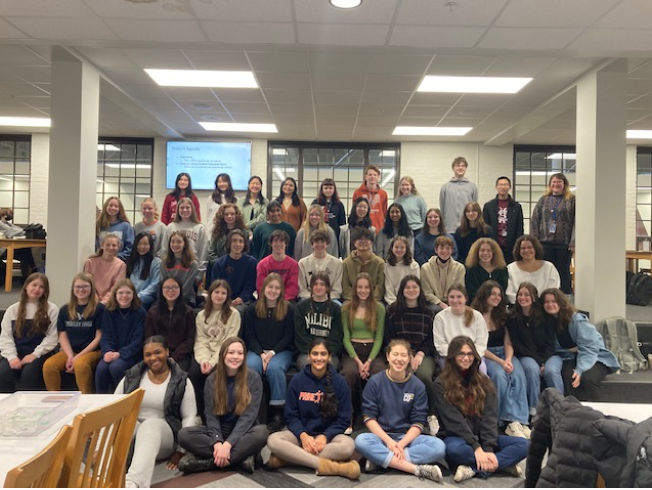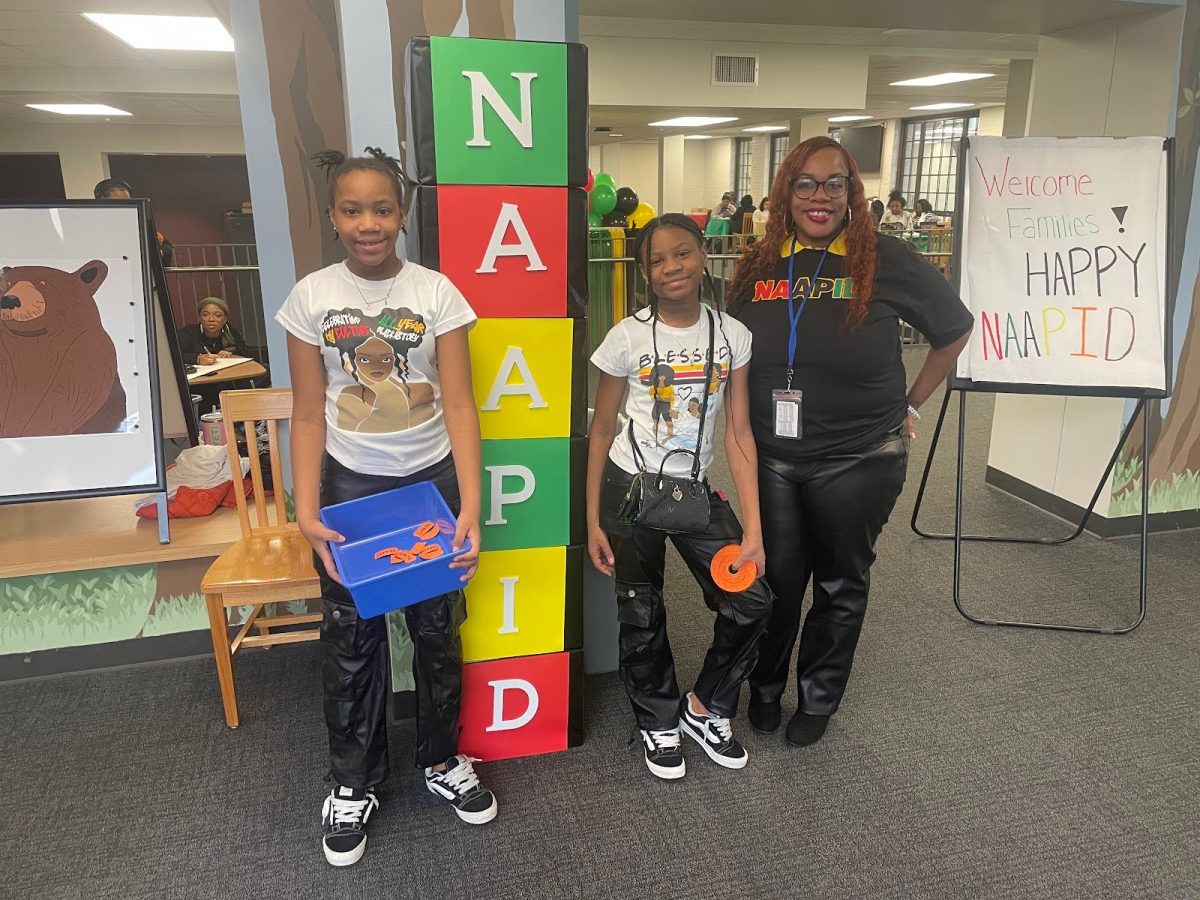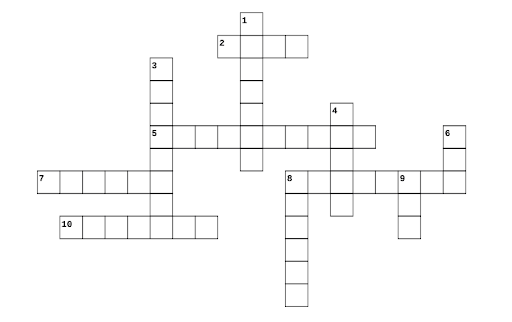The Speedy Rise and Fall of the Gas App

November 21, 2022
As many know, several weeks ago a new social media platform called “Gas” came to the field. The app offered up anonymous polls to give social titles to students, not unlike a senior superlative. In less than a week, students from all over the county were on it and voting regularly. Just as quickly, however, it lost its shiny appeal and was dropped. Senior Wendy Lopez says, “The polls were the same every day and were really general.” There are still active users, but it is not nearly as popular as it was a few weeks ago. A 1-star reviewer of the app on the Apple Store states, “Barely no one uses it anymore. We got on it and it barely lasted a week.” This unpredictable uptick in popularity followed by a sudden “death” has become a common theme in social media.
It is normal for an app to be picked up by the masses and left in the dust soon after. In a similar vein to Gas, there have been other anonymous mailbox apps like Sendit and Tellonym. The apps never truly die, but experience short waves of popularity lasting a couple of weeks on average. One app that has become widely popular is BeReal, which sends users a notification once a day to upload a dual-camera photo of themselves and wherever they are.
When an app like BeReal seems to strike gold with an original idea, it is now normal that other apps develop a comparable feature soon after. In BeReal’s case, TikTok has implemented the “Now” feature, where users can upload a short video of themselves and what they’re doing at the moment. Social media has adopted a homogenous nature, adapting new features quickly to keep up with trends and new apps. We have seen this happen with TikTok in the past. The unique short video format was added to Instagram and Facebook as “Reels”, and even to YouTube as “Shorts”. Even before TikTok–formerly Musically–was the iconic Vine app. Vine helped short videos to become the popular format. This rinse-and-repeat succession resembles a modern phoenix: one platform becomes popular and then dies, and shortly after a new platform with a similar format rises to take its place.
